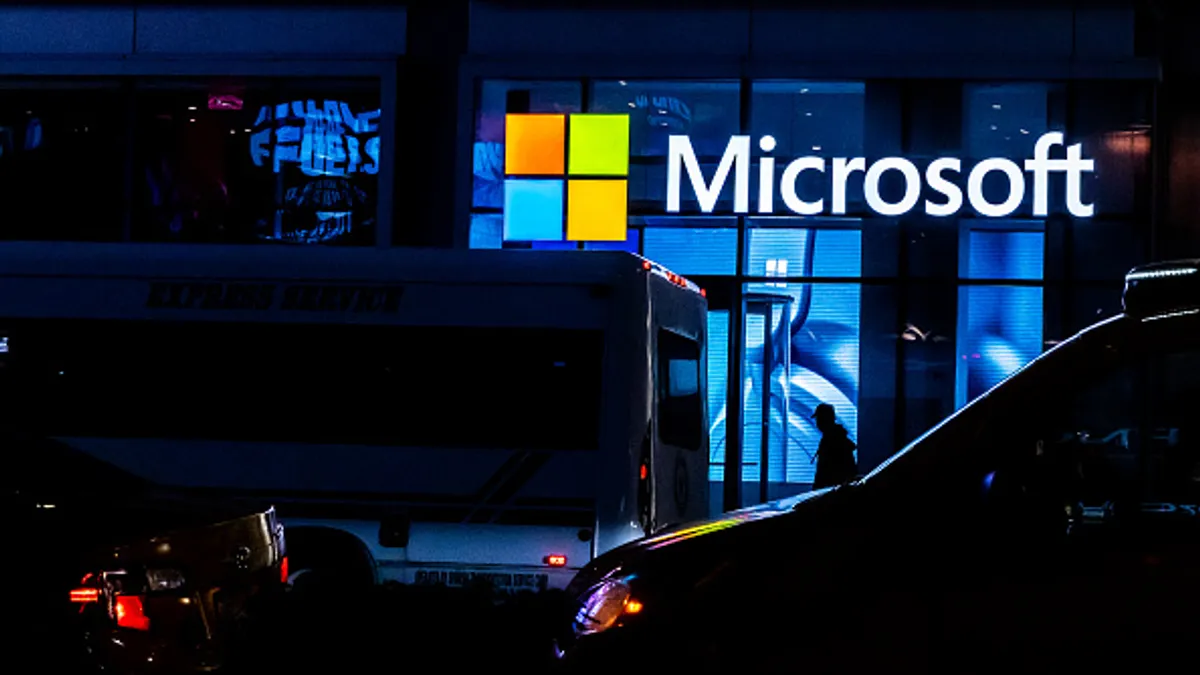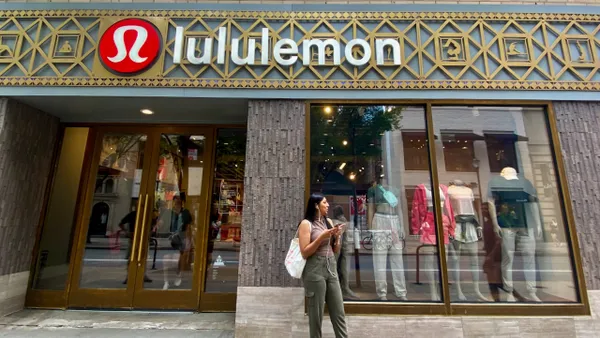Dive Brief:
- Microsoft is experimenting with new ways of sharing advertising revenue with publishers through its artificial intelligence-powered Bing Chat, according to a blog post by vice president and consumer CMO Yusuf Mehdi.
- The tech giant is “exploring placing ads in the chat experience” to better support publishers that helped inform the chatbot’s response, Mehdi wrote.
- Generative AI’s impact on search marketing is still early days. Bing Chat has carried ads in some capacity since it debuted in February, but Microsoft wants to signal to publishers that they can get a bigger cut of the action as the feature drives user engagement and brand buy-in.
Dive Insight:
Microsoft’s latest update for Bing Chat assures publishers that they will not miss out on the monetization potential that the newfangled technology could bring as generative AI’s impact on search marketing is felt. Additional capabilities will be available to the 7,500 partner brands of the Microsoft Start program, a personalized newsfeed that rolled out in 2021.
The Bing news is another sign that ad-supported platforms are shifting more of their focus from conventional search to interactive chatbots that have ignited the interest of users, publishers and marketers alike. Google recently launched a similar interface called Bard as it looks to stay competitive in the emerging AI arena.
In the blog post, Mehdi said Bing now attracts 100 million daily active users. About one-third of the preview audience for the revamped Bing is new to the service, another indication that AI is a substantial hook for consumers and one that creates “net new opportunity” for publishers, per Mehdi. The executive said Microsoft first and foremost wants to “drive more traffic to publishers in this new world of search.”
“Second, we want to increase revenue to publishers,” Mehdi added. “We seek to do this by both driving more traffic to them through new features like chat and answers and by also pioneering the future of advertising [...]”
Microsoft in early February overhauled its Bing and Edge products with help from OpenAI, the startup behind the viral ChatGPT large language model. A month earlier, Microsoft invested $10 billion in the firm, which it has worked with for several years.
Early tests of Bing Chat’s capabilities have left many users impressed, though the chatbot can also produce creepy and incorrect responses. The fast advancement of AI has also led some in tech to issue a warning about the potential downsides for society and disruptions to the workforce. Regardless, it seems that Microsoft is forging ahead with monetization efforts that could help the company preserve an early-mover advantage in AI.
ChatGPT has sparked massive public debate around generative AI since its November launch and effectively set off an arms race among tech firms to develop and implement more sophisticated technology. Along with Google, Meta Platforms — the second-largest digital advertising platform — is now investing more heavily in the sector, even as it cuts back in other areas.
Mehdi said that Bing Chat has implemented ways to drive more traffic to publishers, including citations in the body of answers to queries and a “learn more” tab with links to complementary sources. Ads can appear as inline placements in results, though the degree to which users are exposed to them seems to vary, according to reports. Microsoft has suggested that ads in AI-powered Bing Chat could help consumers navigate complex purchase journeys and ultimately deliver greater personalization.















